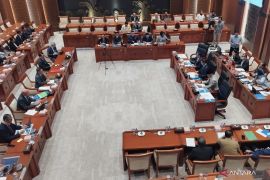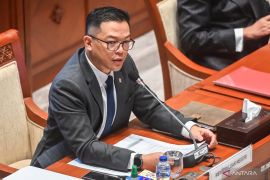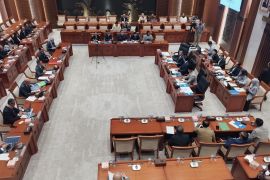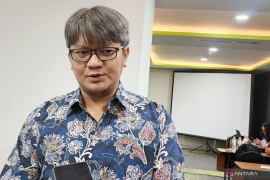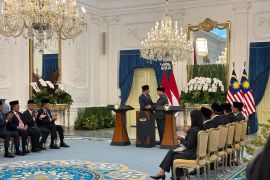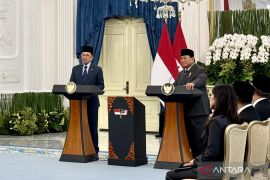Secretary General of the Iran Nanotechnology Initiative Council Professor Sarkar informed ANTARA in Jakarta on Wednesday that his office aims to spread awareness on nanotechnology in the international community, as it has been dubbed as an emerging technology that can positively affect all aspects of human life.
"Nanotechnology promotes the creation of wealth and improves the peoples quality of life," he remarked.
To exemplify, he said, nanotechnology has allowed the creation of an innovative anti-cancer drug that directly targets the tumor without spreading any unnecessary toxins in the rest of the body.
"When you see a cancer patient undergoing chemotherapy, the toxicity affects all organs, one of which can be seen by the apparent hair loss, and when the dose is increased to kill the cancer, sometimes the patient dies from the toxicity of the drug, before the cancer kills the patient," he reiterated.
By using the nanotechnology drug, doctors will be less reluctant to increase the dose to adjust to the patients severity, as it comes with minimum side effects, he explained, adding that the average cost of the drug is about US$20, which is a fraction of the price of common cancer treatment drugs that are usually sold at $800.
"This is one of the several examples of how nanotechnology can improve the quality of our lives," he emphasized.
In order to introduce nanotechnology to the Indonesian community, Professor Sarkar, who had earned his Doctorate degree in Medical Physics from the Surrey University in the UK, said he had visited the Ministry of Industry earlier during his trip.
"With the positive feedback I have received from the minister of industry, I am confident that there are several sectors in which both countries can cooperate. Indonesia is a major player in the textile and agriculture industries, so those might be the sectors that will be prioritized," he remarked.
The next agenda is to meet the minister of research, technology and higher education as well as the coordinating minister for economic affairs, he added.
In order to build and raise awareness on nanotechnology in the Indonesian community, he highlighted the importance of designing a program that is specifically aimed at educating the public.
"Indonesia and Iran can organize joint workshops, seminars, or exchanges," he stated.
In both developing and developed countries, nanotechnology is no longer a choice, rather it is a necessity that needs to be applied, Professor Sarkar pointed out.
"Without nanotechnology, a country can lose its competitiveness and stray away from the market," he added.(*)
Editor: Heru Purwanto
Copyright © ANTARA 2017


